Vocal Training News
Why do stars like Adele keep losing their voice?
by Bernhard Warner
Singing is a rough business. Every vocal performance involves hundreds of thousands of micro-collisions in the throat. The vocal cords – also known as vocal folds – are a pair of thin, reed-like, muscular strips located inside the larynx, or voice box, in the throat. They are shaped like a wishbone, and contain the densest concentration of nerve tissue in the body.
When we are silent, the cords remain apart to facilitate breathing. When we sing or speak, air is pushed up from the lungs, and the edges of the cords come together in a rapid chopping motion. The air causes the cords to vibrate, creating sound. The greater the vibration, the higher the pitch. By the time a soprano hits those lush high notes, her vocal cords are thwacking together 1,000 times per second, transforming a burst of air from her lungs into music powerful enough to shatter glass.
Beautiful singing requires lithe cords, but all that slapping together can wear down their fine, spongy surface and lead to tiny contusions. Over years of heavy use, nodules, polyps or cysts form on the vocal folds, distorting the sound they create. For a singer, the first sign of trouble is often the wobble. His pitch fluctuates on and off key because his ragged cords have lost their natural vibrato – their ability to resonate properly. Then there’s the “hole”, a point on the scale where a singer’s vibrating vocal cords fail to produce the proper tone. Try as he might, those notes will exit his mouth flat or, worse, as a barely audible gasp.
It was once unheard-of for a singer to perform with a faulty voice, but the opera world has recently been shaken by a trio of incidents in which the stars Rolando Villazón, Aleksandrs Antonenko and Roberto Alagna walked off stage mid-performance, unable to go on. Some opera singers complain of year-round cold symptoms, and legal steroid injections and other drugs are often used to get a struggling singer through a performance. But singing through the wear and tear can cause the lesions to burst and bleed, creating voice-ruining scars, which is what happened to Adele in 2011.
Voice specialists liken the physical toll on singers and stage performers to what athletes endure. Surgery to the professional singer’s vocal cords is what ligament reconstruction has become to the football player’s knee. Dusty theatres, stuffy airplane cabins, erratic eating and sleeping patterns, the stress of living off stingy contracts – all affect the vocal cords. Add to it the occupational hazard, at least in opera and classical music, of taking on roles that require you to sing above your natural range, and the cords become extremely susceptible to injury.
In 1986, the conductor, vocal coach and New York Times music critic Will Crutchfield lamented that vocal burnout was cutting short careers and diminishing the power of opera, “as audiences, by necessity, accustom themselves to hearing voices in poor condition”. Back then, Crutchfield saw that singers peaked in their 30s and then began to decline. But Adele, Trainor and Smith all underwent career-saving surgery in their 20s. Vocal burnout is afflicting amateurs, too. One veteran teacher in Italy told me that female students in their early 20s who want to sing like Adele or a young Whitney Houston are the ones who come down with vocal nodules. Another music teacher told me she recently had to instruct one of her 10-year-old students to stop singing and get his damaged cords checked by a specialist.
The rise in vocal injuries is linked to a change in what we consider good singing. Across all genres, it has become normal to believe that louder is better. (One reason that Adele is such a big star is because her voice is so big.) As a result, singers are pushing their cords like never before, which leads to vocal breakdown.
New waves of medical research into the causes of dysphonia, or the inability to properly produce voice, bear this out. In the west, vocal abuse is surprisingly common in all professions that rely on the voice , from schoolteachers to opera singers. Awareness of the problem is growing, but as Adele’s case demonstrated, and separate studies conclude, surgery is not necessarily a lasting fix.
Brilla and Paglin have been saying this for years. “You cannot solve the problem by simply relieving the symptom,” Brilla said. “It’s a motor problem. The singer has to understand it’s the way you’re running your engine” – the techniques they’re using to sing. “If you don’t fix the engine, it’s going to happen again.”




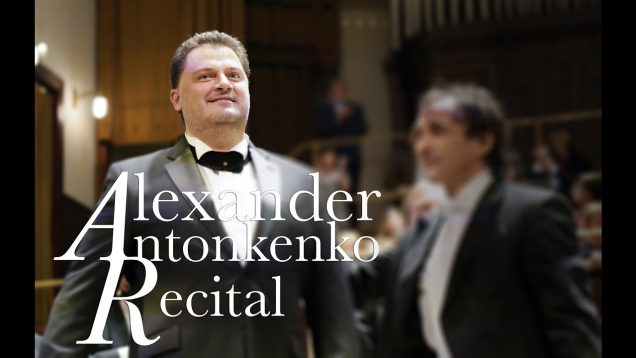
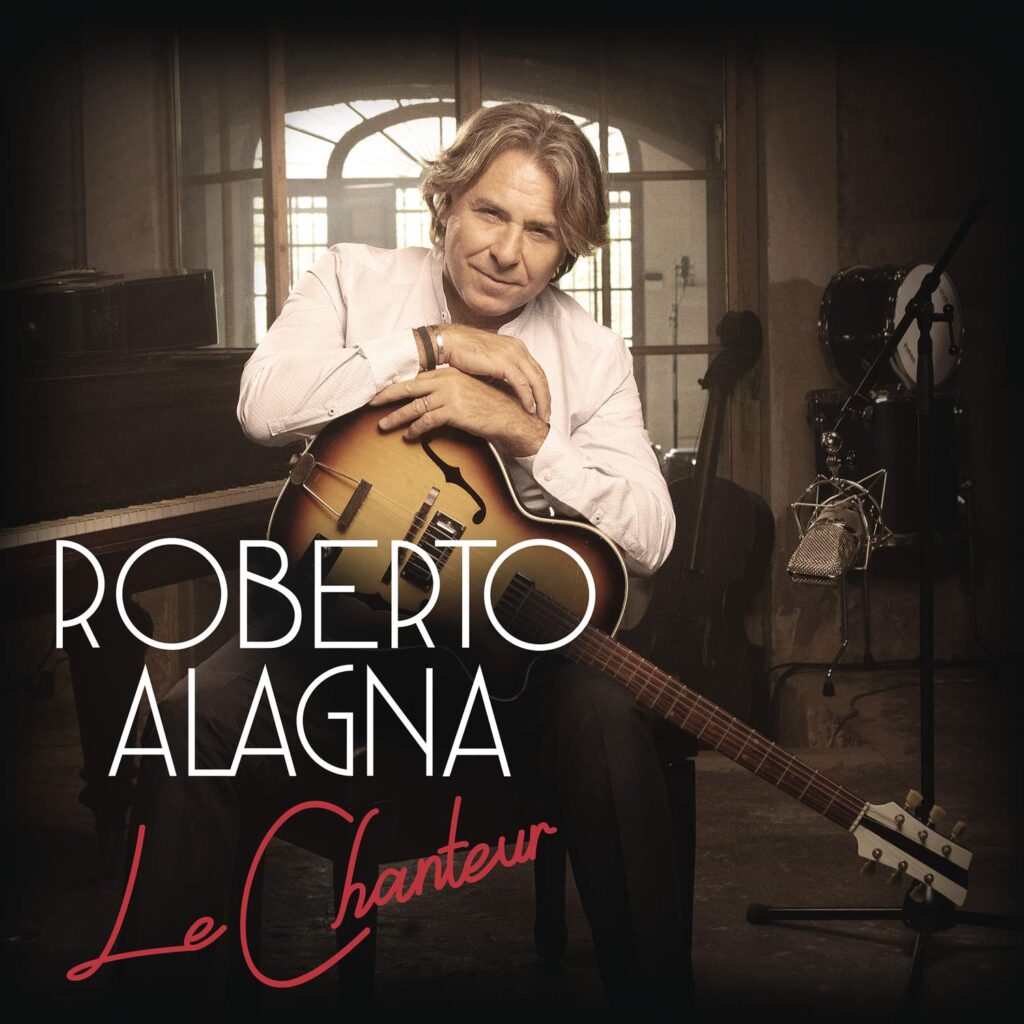
After training hundreds of vocalists, I have concluded that voice problems like Vocal Nodules can be avoided by learning and applying the fundamentals of vocal support and natural delivery techniques
Contact me below for FREE VOICE EVALUATION
I am Jonathan Morgan Jenkins. I started coaching individuals and groups of singers in 1992 and have coached hundreds of singers and public speakers. Through the years, I have seen a disturbing trend of celebrity singers who have endured some form of surgery on their larynx, mostly vocal nodules. At the same time, I did not see this trend in Classical and Musical Theater singers. Why was this? It had to be poor technique. While I was searching for ways to train my own limited vocal instrument, I discovered techniques that can create a healthy and powerful voice. My favorite moment is when a new students voice begins to come alive at the 1st lesson.

Vocal Student Reviews


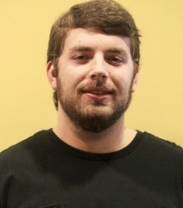

Watch My Latest Vocal Training Seminar
Buy My Powerful Vocal Training Book!
To further assist my private and virtual students in creating a rejuvenated and powerful voice, I have compiled over 30 years of experience coaching Singers, Public Speakers and Actors, into a my revolutionary vocal training book
”Singing and Speaking on the Edge of a Grunt”
"Jonathan’s book will be a must read for all of my acting students." A-List Acting Coach, Eric Morris
Buy Your Vocal Training Book!
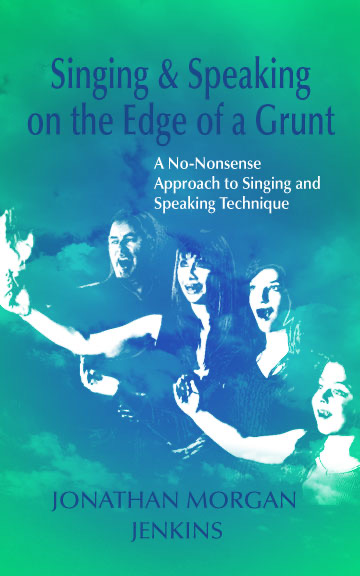
Important Vocal Damage Information
Vocal Nodule symptoms include:
- Hoarseness
- Breathiness
- A “rough” voice
- A “scratchy” voice
- A harsh-sounding voice
- Shooting pain from ear to ear
- Feeling like you have a “lump in your throat”
- Neck pain
- Less ability to change your pitch voice
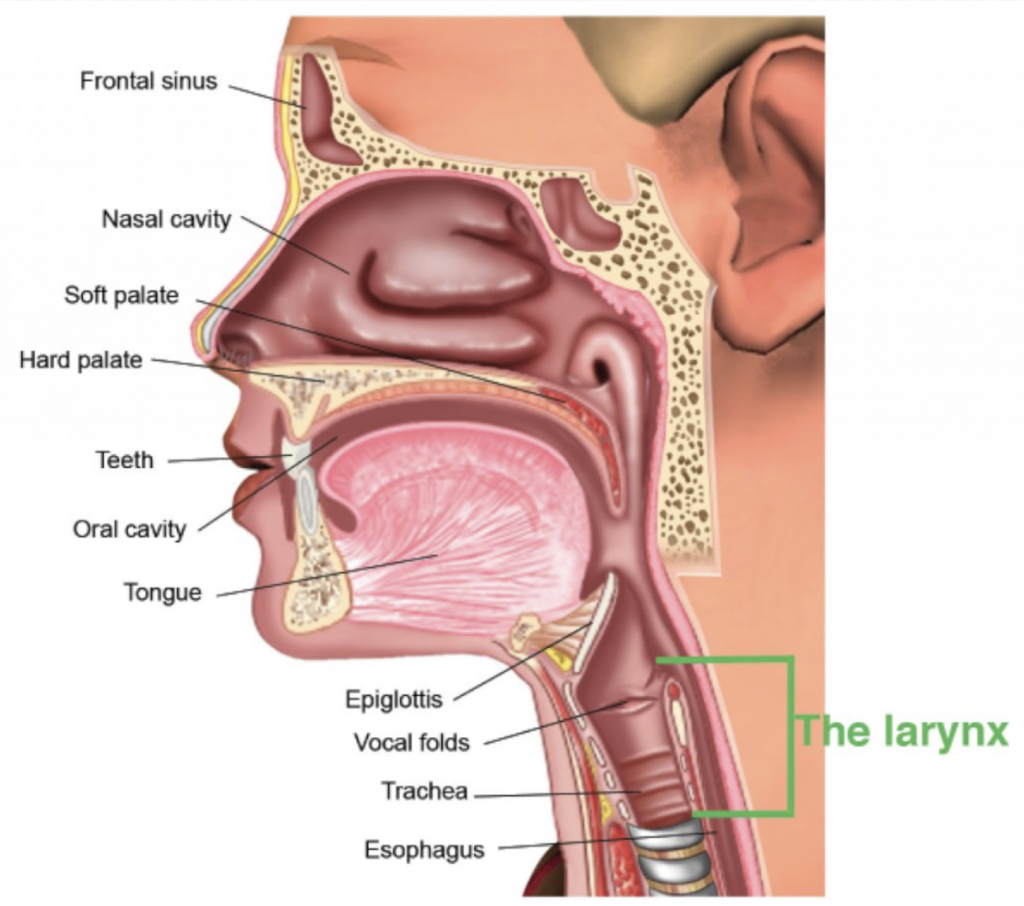
Vocal abuse can occur from:
- Allergies
- Smoking
- Tense muscles
- Singing Incorrectly
- Coaching Sports
- Cheerleading
- Talking Loudly
- Sore Throat not treated
- Drinking caffeine and alcohol, which dries out the throat and vocal folds
Treatments for Vocal Fold Nodules
Treatment depends on what caused the nodules, how big they are, and what problems you have. You may require surgery to remove the nodules. This is usually done only when they are large or have been there for a long time. Children do not usually have surgery.
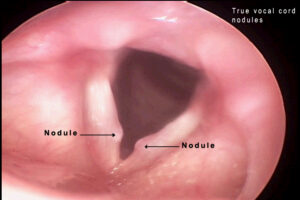
Prevention
Prevention involves proper coaching techniques that apply to all vocalists. After coaching hundreds of vocalists, I have discovered that the main problem is the initial techniques involving proper breathing and vocal support. The FUEL of the Voice is air. If that air is not of a sufficient quantity and it is not delivered to the larynx under proper pressure, the larynx becomes tight, stressed and unable to deliver sound in a free and powerful manner. This continued stress on the Larnyx can produce pain and eventually Vocal Nodules

Vocal Coaching
At Your Voice Is Your Life, I offer all vocalists a Free Vocal Review to determine the best individual vocal training approach for each student. I offer a 3 month intensive of weekly 1 hour coaching sessions in studio and virtual that are normally sufficient to coach a vocalist to produce sound in a healthy and powerful manner without creating vocal cord damage.



